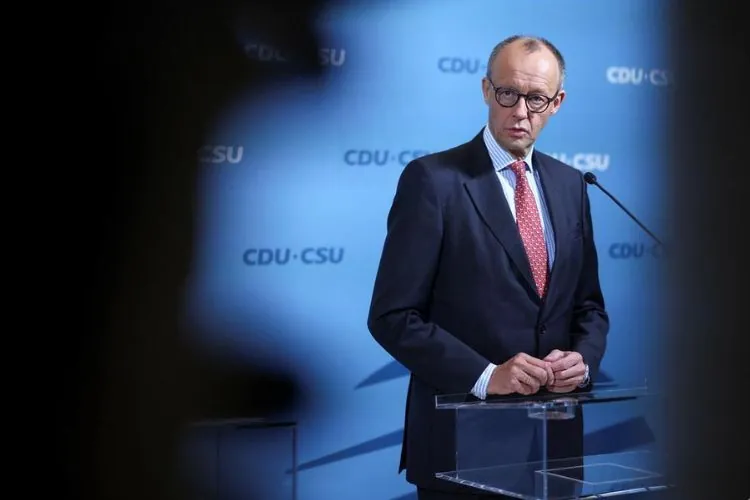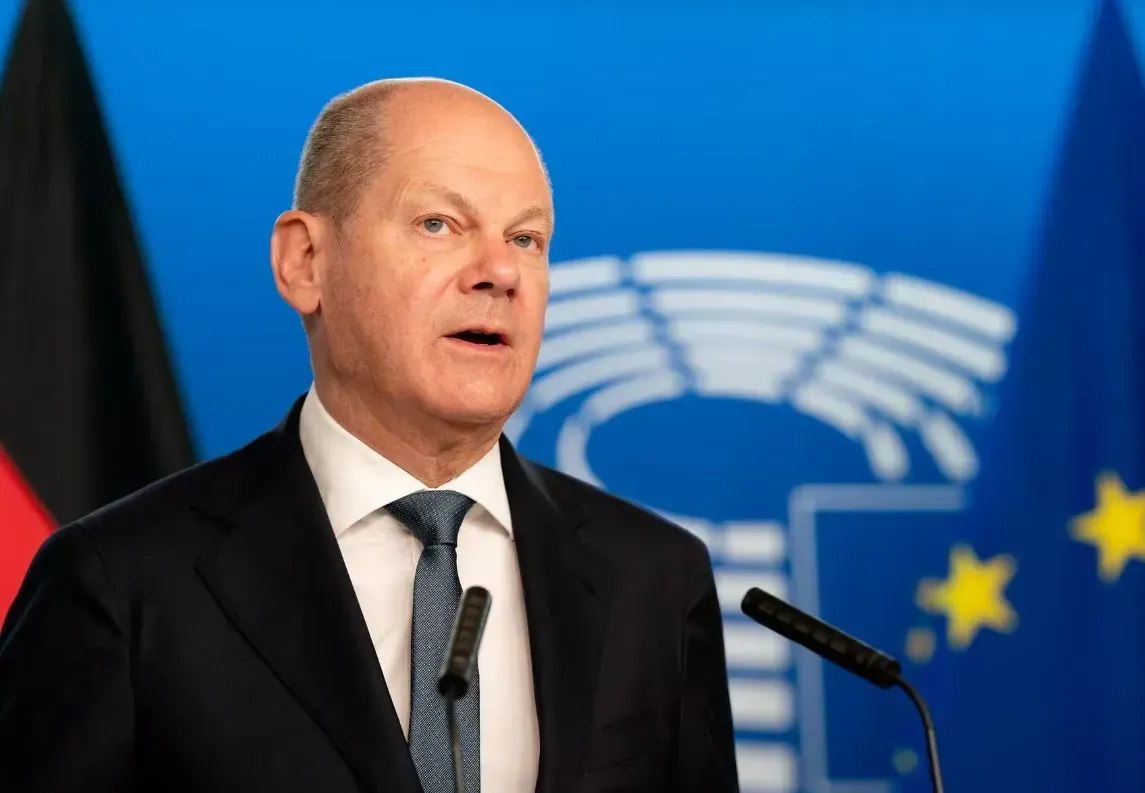German elections on February 23: what will change for Ukraine
Kyiv • UNN
Early elections to the Bundestag will be held in Germany, where the main struggle is between Merz and Scholz. The results may affect military aid to Ukraine and policies regarding Ukrainian refugees.

On February 23, snap elections to the Bundestag will be held in Germany after the collapse of the Scholz coalition. The main struggle is between the incumbent Chancellor and the CDU leader Friedrich Merz. The results of the vote could affect aid to Ukraine, refugee policy, and Berlin's position in the war with Russia. UNN explains how their results could affect Ukraine.
Details
In Germany, there are two main centrist political forces - the Social Democratic Party of Germany (SPD) and the Christian Democratic Union (CDU) bloc, along with their Bavarian partner party, the Christian Social Union (CSU). The SPD adheres to left-centrist views, focusing on social support and integration, while the CDU/CSU represents conservative values, supporting a market economy and a strong state in terms of security.
However, these traditional parties have recently lost some support. This is due to internal problems and criticism of their migration and economic policies. In contrast, the Greens, who advocate for environmental reforms, and the far-right Alternative for Germany (AfD), which criticizes open border and globalization policies, are gaining popularity. This dynamic indicates a growing demand from voters for change.
Race Leaders: Merz vs. Scholz
The main struggle is unfolding between Friedrich Merz (CDU) and the incumbent Chancellor Olaf Scholz (SPD).
Friedrich Merz represents the economically liberal and conservative part of German politics. His approach is based on supporting traditional values, a market economy, and strengthening security. He insists on a strict migration policy, including reduced social benefits for refugees, including Ukrainian citizens, and simplified employment through adaptation.
Germany gives Ukraine a new weapons package: what it includes17.02.25, 20:30 • 29313 views
In the economic sphere, Merz advocates for tax cuts and reduced bureaucracy, and in foreign policy, for a tougher stance on Russia and strengthening ties with the United States. He has repeatedly emphasized that Ukraine should not have an official prospect of NATO membership during negotiations with Russia.

Unlike the incumbent Chancellor, Merz does not rule out supplying Taurus missiles to Ukraine, but with the consent of all European partners, while Scholz has refused such an initiative.
On February 15, in Munich, Merz met with Ukrainian President Volodymyr Zelenskyy. During the talks, they discussed defense support, strengthening the front, and investments in arms production in Ukraine.
Olaf Scholz supports a moderate social-democratic course, combining economic stability with social justice. His government supports labor rights, social guarantees, and the integration of refugees through employment programs, language courses, and vocational training. At the same time, Scholz insists on maintaining social benefits, considering them a key element in ensuring decent living conditions.

In international politics, the Chancellor plays the role of the EU as a guarantor of stability, particularly in matters of energy security and aid to Ukraine. During a televised debate, he stated that the decision to grant Ukraine EU candidate status was "correct," emphasizing that EU membership would significantly strengthen its security. He did not comment on the simultaneous prospect of Ukraine's NATO membership.
Scholz considers discussion of peacekeeping troops in Ukraine premature17.02.25, 17:44 • 31796 views
Scholz has also repeatedly emphasized that peace cannot be imposed on Ukraine on foreign terms. It should be noted that Merz and Scholz publicly refused to cooperate after the elections, stating this during a televised question-and-answer session with voters.
How will the policy towards Ukrainian refugees change?
A victory for the conservative CDU/CSU bloc could lead to a reduction in social benefits for Ukrainian refugees, but would promote the employment of Ukrainian refugees. In particular, they plan to simplify the recognition of qualifications and help with learning German at work. Newly arrived Ukrainians will no longer receive "citizen's money" but will receive assistance under the asylum seekers' law - 460 euros per month. This is less than what unemployed people in Germany receive and would mean the abolition of housing assistance and health insurance. Instead, they will be provided with vouchers for food and household goods.
The "Alternative for Germany" party demands the abolition of social benefits for all Ukrainian refugees, leaving only 460 euros. At the same time, they want to maintain work permits for Ukrainians. However, the participation of this party in the government is unlikely due to its extreme views. The leader of the far-right and pro-Russian political force Alternative for Germany (AfD), Alice Weidel. She calls for no more weapons to be supplied to Ukraine and claimed that such supplies are a "provocation" against Russian dictator Vladimir Putin.
The Free Democratic Party and the Sahra Wagenknecht Alliance also propose reducing social benefits for refugees, including Ukrainians. They believe that more emphasis should be placed on employment rather than state aid.
The Social Democrats and the Greens are focused on improving the integration of refugees into the labor market, without reducing benefits. If these parties join a coalition with the CDU/CSU, a compromise may be found, but no significant changes for Ukrainians are expected.
Likely election outcome and coalition formation
Polls show that the CDU/CSU under Merz is leading with 30% support. The far-right AfD could take second place (20%). Scholz's Social Democrats are currently only polling at 15%.
However, none of the leading parties plan to cooperate with the AfD, whose pro-Russian leader, Alice Weidel, has repeatedly called for no more weapons to be supplied to Ukraine and claimed that such supplies are a "provocation" against Russian dictator Vladimir Putin.
At the same time, even if the CDU/CSU wins, they will not be able to form a government on their own and will have to negotiate with the Social Democrats, the Greens, or the Free Democrats, who are also likely to enter the Bundestag.